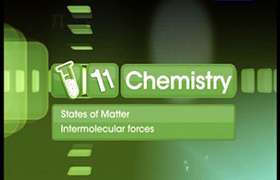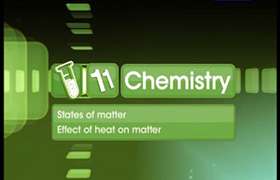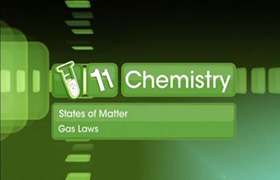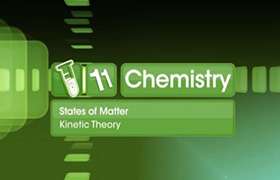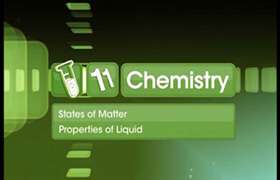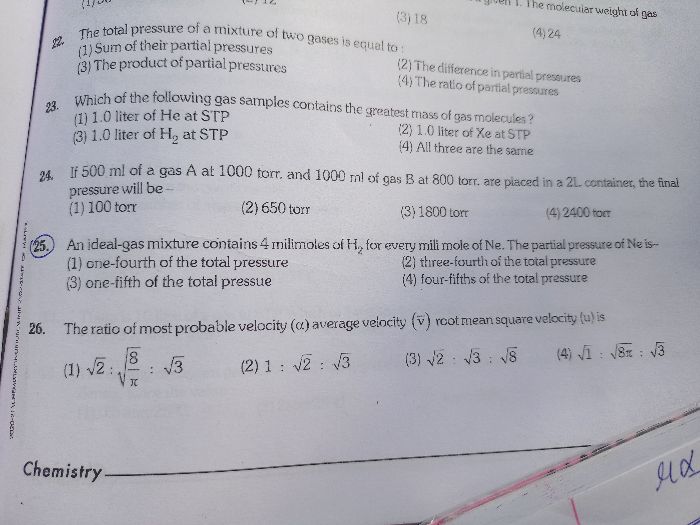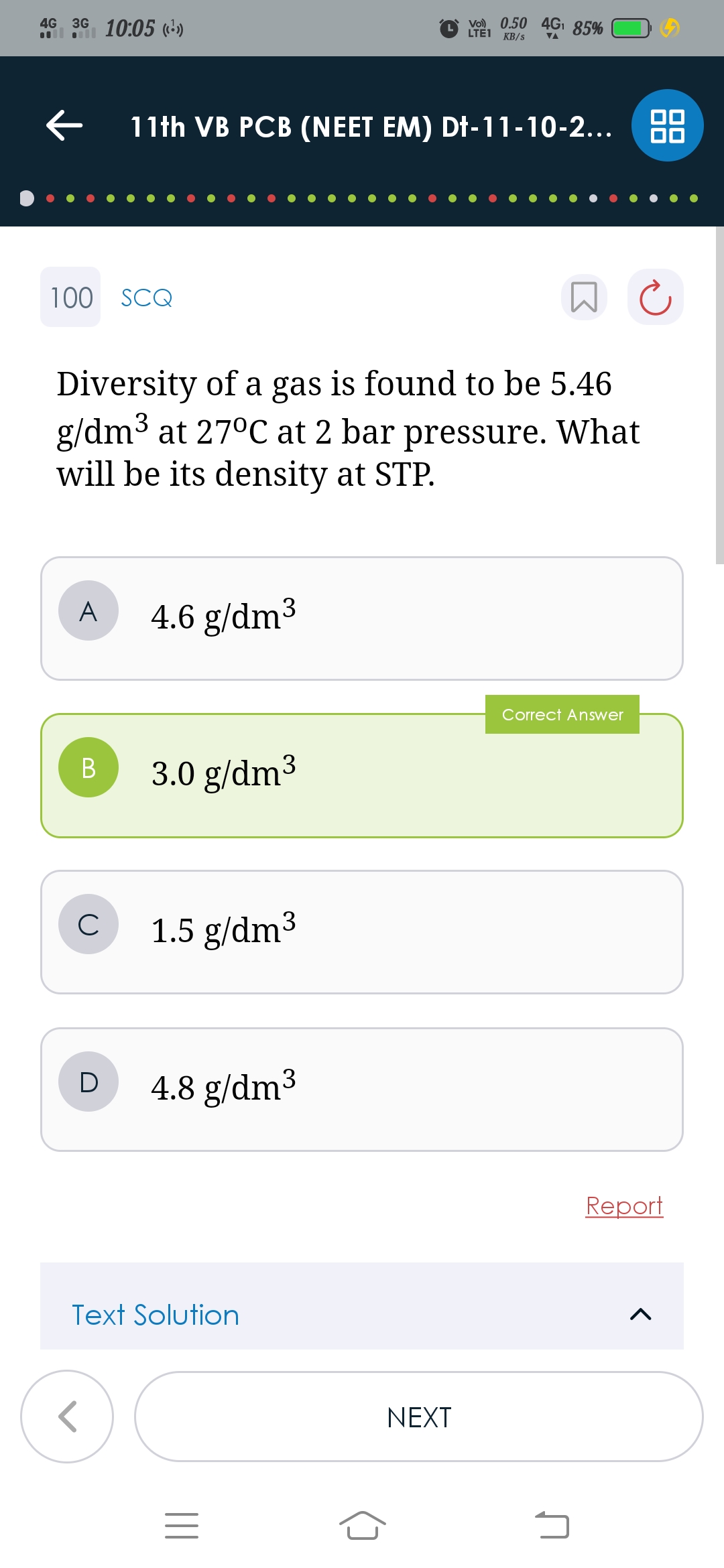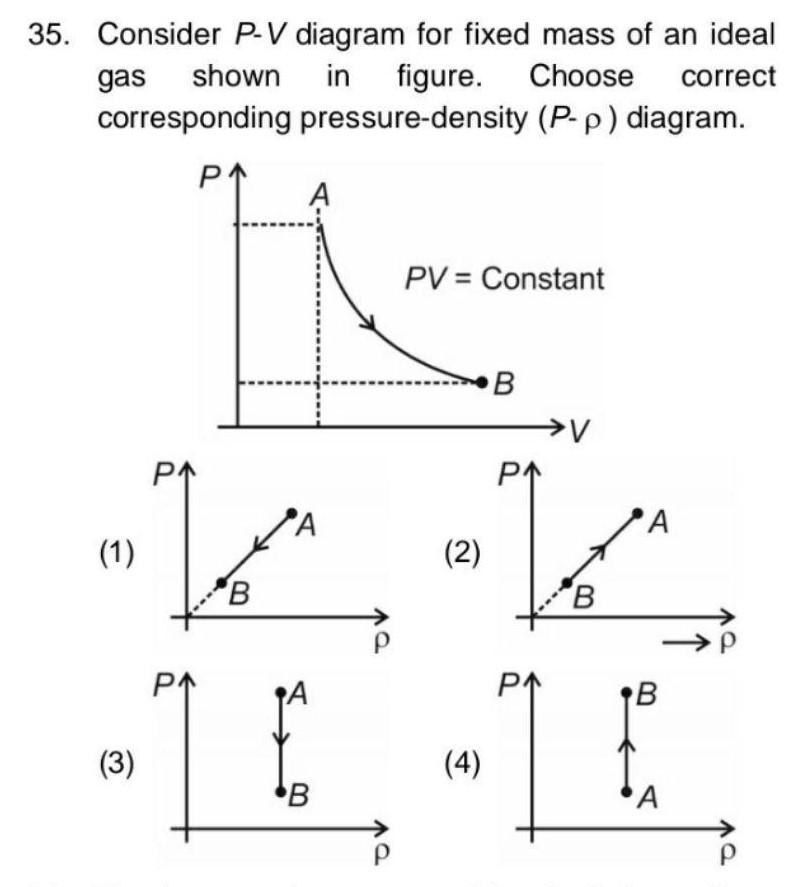CBSE Class 11-science Answered
It is assumed or approximated that all gases have certain properties they actually do not have.
The postulates of kinetic molecular theory are only approximations when applied to real gases are as follows:
1. The volume as the gas molecules is taken to be negligible in comparison to the space occupied by them which is not true. Under pressure gas molecules come closed and now are confined to a volume V-nb instead of V. Where, nb is the volume of the gas molecules itself.
2. There are negligible forces of attraction between the molecules. This is also not true for real gases as if there were no intermolecular forces then gases would never liquefy. But gases do liquefy.
When gases obey the above two conditions i.e,: Under low pressures and high temperatures they resemble ideal gases and the ideal gas laws are also fulfilled by them.
But under high pressure or low temperature when the intermolecular forces and their individual volumes become significant they deviate from ideal gas behaviour.
3. Electrostatic Interaction
Electrons are electrically charged particles, subject to electrostatic interactions -- attractions and repulsions. Kinetic molecular theory assumes gas particles can physically collide. Reactivity, charge induction and bond formation are no part of the theory; they are unaccounted for. Gas pressure is postulated to be due to the collision of gas particles with the container walls. Those walls are made of molecules covered with electrons and experiencing electrostatic interactions just as the gas does.
4. Collision Elasticity
Formerly, billiard table balls were made of ivory, the natural substance closest to exhibiting true elastic collisions. An elastic collision occurs -- in theory -- when two objects collide with none of the energy being lost through conversion to non-kinetic energy forms, including heat. Total collision energy is maintained. However, gas collisions are not truly elastic. Heat is generated by gas particles' inelastic "collisions."

